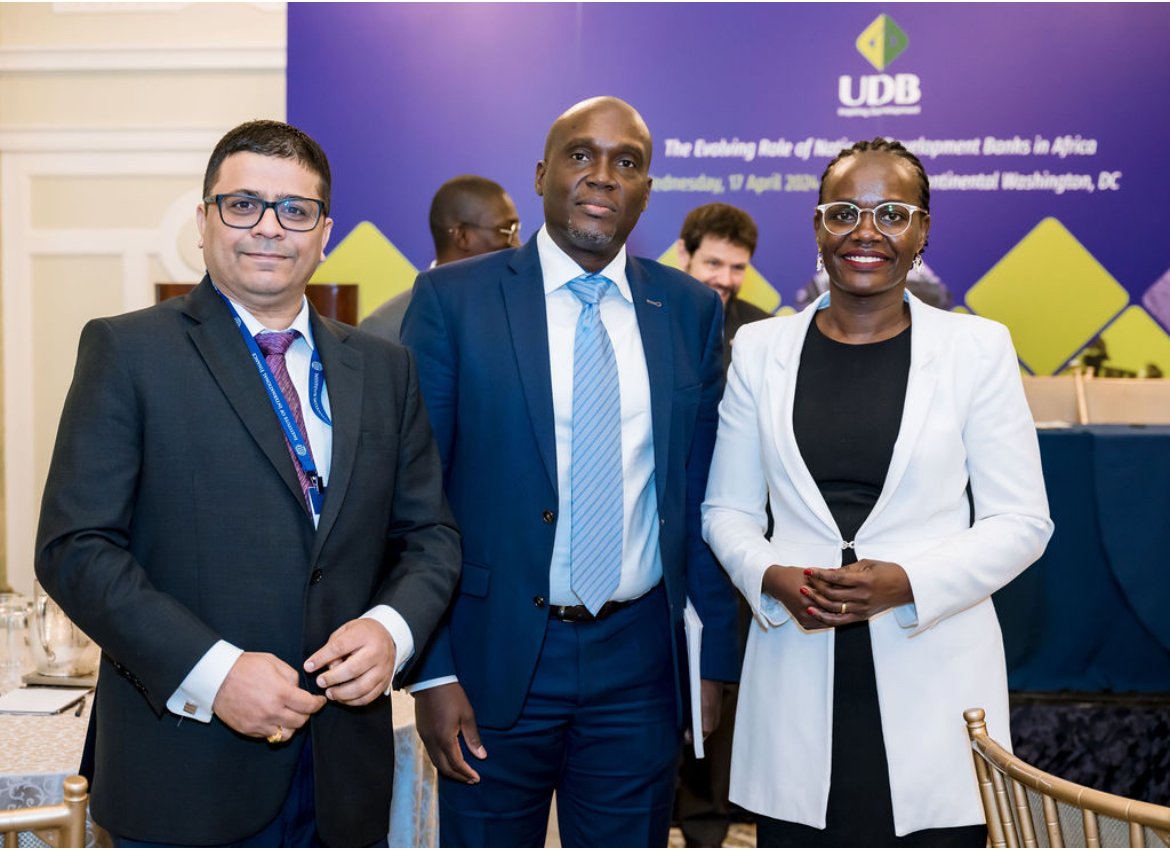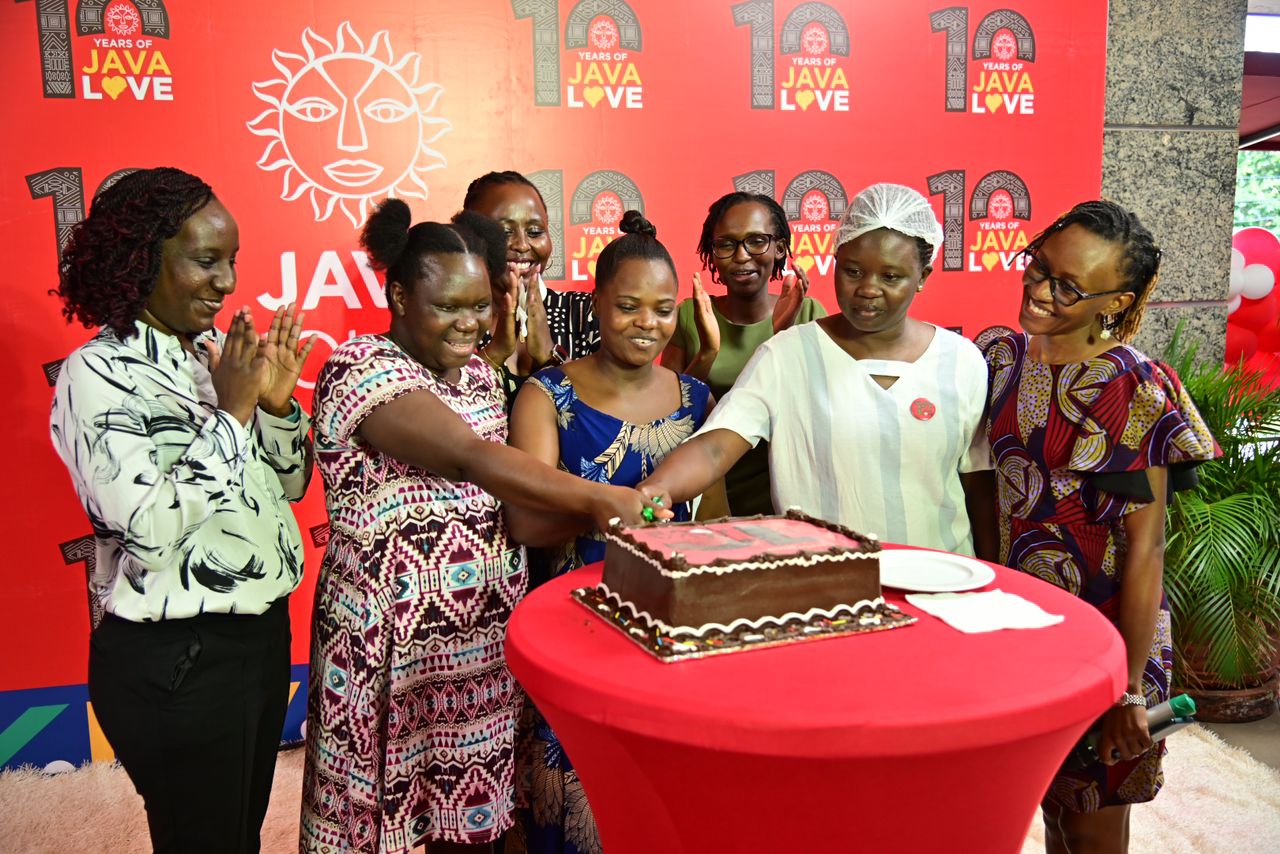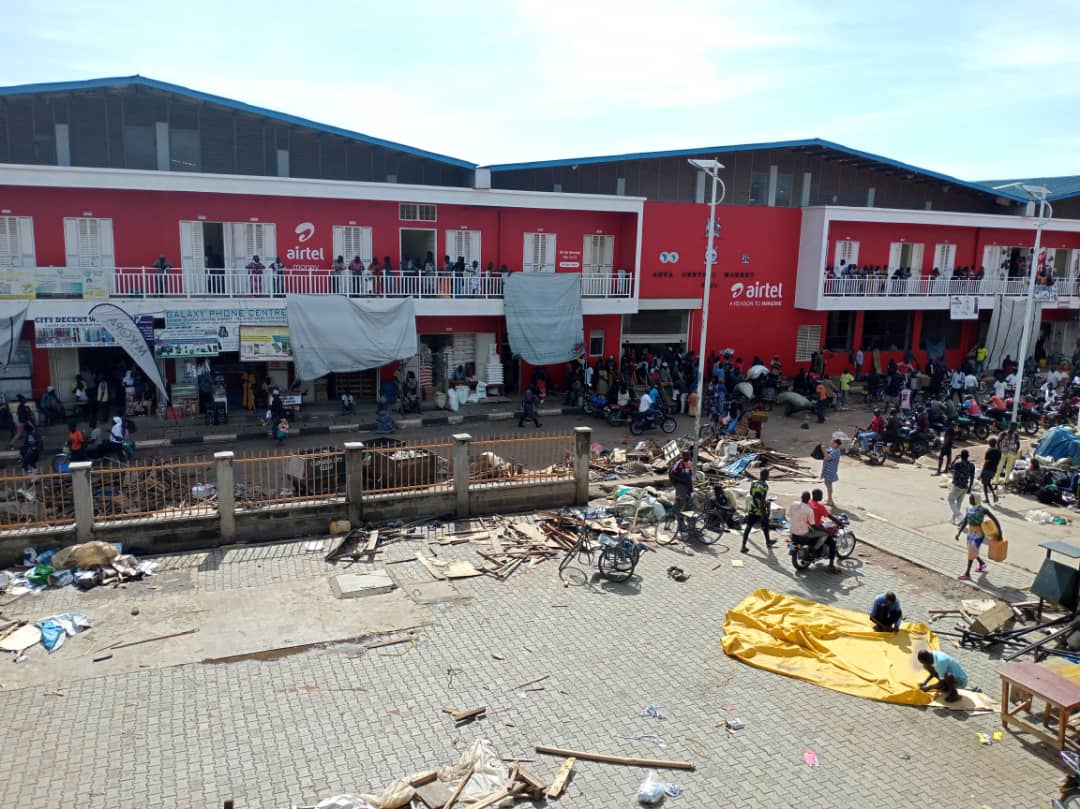Over 100 benefit from Makerere University’s pandemic course
A total of 115 participants from 10 districts around the country have benefitted from a short course on pandemics organized by the Makerere University School of Public Health.
The capacity building course implemented by Makerere University School of Public Health and the College of Veterinary Medicine, Animal Resources and Bio-security (COVAB) received funding from government through the Makerere University Research and Innovations Fund.
Keep Reading
The training focused on outbreak coordination among political and technical heads of districts at high risk of Ebola virus disease in Uganda but also to improve knowledge on one health and the structure plus processes for outbreak coordination.
According to the organisers, a total of 115 participants attended the training with 71.3% of these being males ,between 35-44 years and had been in government service for between two and five years.
The training also saw an improved correct understanding of the multisectoral approach as well as an understanding of one health whereas the overall level of knowledge on district-level coordination was also reported to have improved, courtesy of the training.
Speaking at the end of the training, Prof William Bazeyo, an expert on occupational medicine said the training has equipped participants with knowledge they can pass out to many others who didn’t attend.
“Time for lamentation should have ended by now. We have to be able to train other people. We should learn from each other. We cant do trainings to cover the whole country and we can’t predict what will happen in each district but we can only allow transfer of findings from one area to the other,”Bazeyo said.
He said that by replicating what had been learnt to other areas, the entire country can ably benefit from the training on pandemics.
The expert however noted that there is need to involve communities by sharing the outcomes to ensure sustainability.
"Recommendations are so pertinent so as to involve as many stakeholders as possible. Don’t underrate communities. Involve them. We need to build our own people where we did the study and if they join, we can build sustainability. We can only do this because we have knowledge,” he said.
At the end of the training, it was recommended for capacity building for one health and strengthening of tools for multisectoral coordination including MOUs with local government and other implementing partners.
The training was conducted in the border districts of Kisoro, Kanungu, Bundibugyo, Ntoroko, Kikuube, Buliisa, Arua, Zombo, Isingiro and Kagadi.
















